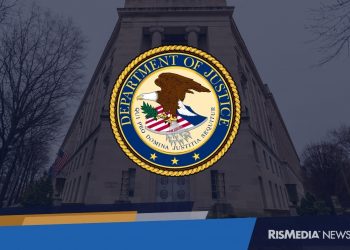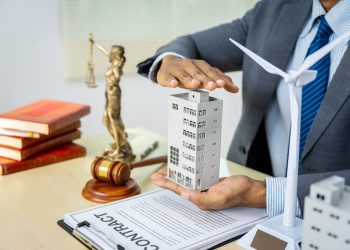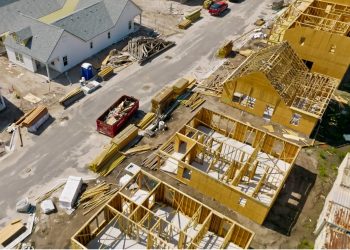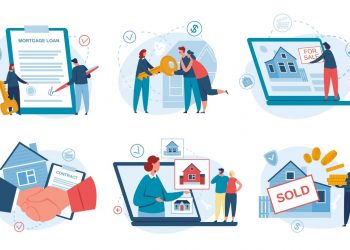 Recently, the Fair Elections Legal Network released a report, “Lose Your Home, Keep Your Vote: How to Protect Voters Caught Up in Foreclosure.” The report highlights the confusion victims of foreclosure may face when determining how they can cast a ballot this November and lays out practical answers for election officials and voters on how to protect their right to vote.
Recently, the Fair Elections Legal Network released a report, “Lose Your Home, Keep Your Vote: How to Protect Voters Caught Up in Foreclosure.” The report highlights the confusion victims of foreclosure may face when determining how they can cast a ballot this November and lays out practical answers for election officials and voters on how to protect their right to vote.
With foreclosures once again increasing, more and more voters will face the uncertainty of where they should vote and what steps they may need to take to protect their right to vote. This report, along with state guides for 15 states most impacted by the foreclosure crisis, provides clarity for those facing foreclosure and organizations that work with these voters.
“Voting is the foundation of our democracy. People dealing with the foreclosure process or whose homes have been foreclosed upon have enough to deal with without worrying about their vote counting. With foreclosures on the rise again, the question shouldn’t be if a voter facing foreclosure can vote but where that voter can cast their ballot, and that question should be clearly answered by election officials” says Robert Brandon, president of the Fair Elections Legal Network. “State election officials have a duty to make sure voters have the information they need to cast a ballot and have it counted. They should be extra vigilant as Election Day nears to issue directives and educate the public and local election officials on how voters who lost their home can maintain their right to vote.”
Foreclosures are still plaguing many communities across the country. Over one million households were affected by foreclosures during the first six months of 2012. During that period, new foreclosures filings were 2 percent higher than the previous six months. The second quarter of 2012 saw a spike in the number of new foreclosure filings with a nine percent increase over the first quarter and six percent increase from the second quarter of 2011.
Foreclosure victims, like all movers, face hurdles to voting that include updating their address or reregistering to vote in a new jurisdiction. The steps that need to be taken are often determined by whether or not an individual has acquired a new residence and has done so before the state voter registration deadline. For foreclosure victims, where in the foreclosure process the individual is can make a difference in what they need to do in order to vote. A person in foreclosure who has lost their home could still have a legal “right of redemption,” a period of time in which they could repurchase their home and during which time they can vote from that address.
Those forced from their homes are confronted with challenges to protect their right to vote, including establishing residence, updating the documentation needed to prove their voting residence, and meeting conflicting and often confusing state-imposed registration deadlines. In each state, one must reside or be deemed to have a residence in order to cast a ballot in that state. However, election laws vary state-by-state with regards to a voter’s residency or voting domicile. In some states, the law is straight forward. In California, the state most affected by foreclosures, and 17 other states a person can continue voting at the address of their foreclosed home until they establish a new residence in which they intend to remain. In other states, the correct polling place for a foreclosure victim is often more confusing.
Compounding the problem, over the past two years several states have passed laws that add extra obstacles for voters to cast a ballot. For instance, in Florida, registered voters who have moved are no longer able to update their registration on Election Day and vote a regular ballot if they move outside of the county in which they were registered. In several other states, voters are now required to show a photo ID with a current address in order to vote. These new voter ID laws are just one more challenge a voter has to overcome to cast a ballot – especially if they do not already have an acceptable ID. And obtaining an ID could be even more challenging if they do not have documentation to prove residency in the state because they lack a permanent residence.
The Fair Elections Legal Network is distributing the report to the nation’s secretaries of state asking them to educate their state’s foreclosure victims as to their rights to vote.
FELN’s report “Lose Your Home, Keep Your Vote: How to Protect Voters Caught Up in Foreclosure” and state guides on voting while is available here.










